Recently, the Ministry of Finance has submitted to the Government a proposal to develop a revised Law on Special Consumption Tax (SCT). In particular, the Ministry of Finance proposed to expand the taxable subjects such as sugary soft drinks, barley drinks, non-alcoholic soft drinks, new tobacco products, and online gaming services.
In addition, for beer and wine products that have been subject to special consumption tax, the Ministry of Finance continues to propose adjusting the tax rate in an upward direction to increase the selling price of wine and beer by at least 10% according to the recommendation of the World Health Organization (WHO) and the roadmap for increasing taxes according to income growth and inflation.
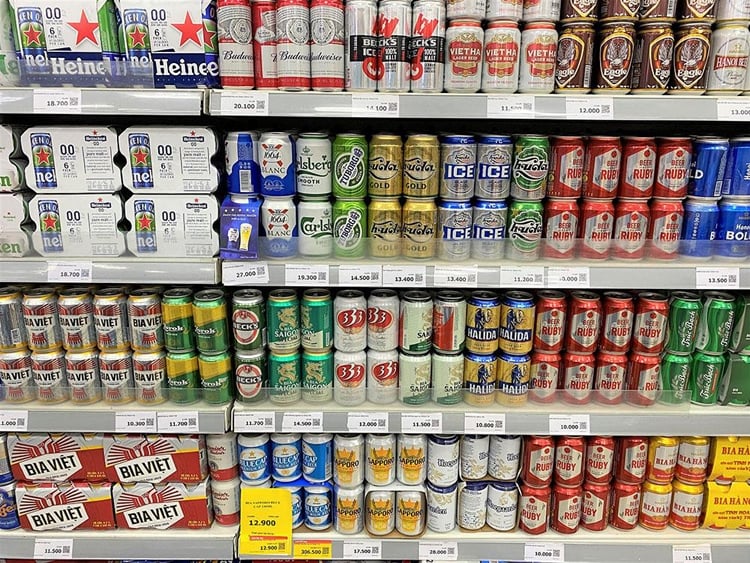
Many opinions say that, in the current context, it is necessary to carefully consider the roadmap for increasing the special consumption tax rate on alcohol and beer. (Photo: VV)
Many opinions say that, in the current context, it is necessary to carefully consider the roadmap for increasing the special consumption tax rate on alcohol and beer.
For example, the Vietnam Beer - Alcohol - Beverage Association (VBA) recommended not to amend the Law on Special Consumption Tax until at least 2025 and to stabilize the current tax policy to help businesses overcome difficulties and recover.
Associate Professor, Dr. Nguyen Van Viet, Chairman of the Vietnam Beer - Alcohol - Beverage Association, said that the Law on Special Consumption Tax should not be amended, at least in the period of 2023-2025, and the current tax policy should be stabilized to help businesses overcome difficulties and recover.
“When there is not enough convincing scientific basis and the impact on expanding the subjects subject to special consumption tax has not been fully assessed, we suggest considering not adding sugary soft drinks, barley drinks and non-alcoholic soft drinks to the subjects subject to special consumption tax,” said Mr. Viet.
Meanwhile, lawyer Nguyen Thi Quynh Anh, Vice President of the Vietnam Bar Federation, proposed amending the policy in the draft Law on Special Consumption Tax (amended) for wine and beer products in the alcoholic beverage group.
“These are the products that have been most affected in recent times by the impact of the COVID-19 pandemic and legal policies such as the Law on Prevention of Harmful Effects of Alcohol and Beer, the Investment Law, especially since Decree 100/2019/ND-CP of the Government regulating administrative sanctions for violations in the field of road and railway traffic took effect,” said Ms. Quynh Anh.
According to the lawyer, when adjusting the increase in Special Consumption Tax on alcoholic beverages, policy makers need to pay attention to and aim for 3 goals: Regulating consumption, reducing the negative impact of alcoholic beverages on human health; ensuring stable and sustainable revenue for the state budget; and ensuring fairness of tax policies for society and businesses, protecting the domestic beverage industry.
However, in reality and forecast for the coming time, the beer and alcohol industry has been facing many difficulties, causing a decrease in beer production and consumption, negative growth rate, causing many difficulties and challenges for the industry.
Lawyer Nguyen Thi Quynh believes that if the State continues to maintain the current proportional tax calculation method, while considering a reasonable roadmap for increasing tax rates based on the socio-economic situation in each period, it will be able to ensure a stable source of budget revenue and regulate consumption, while contributing to maintaining the competitiveness of Vietnamese beer and wine brands that account for a significant proportion of the consumption structure of Vietnamese people as well as the structure of the Vietnamese alcoholic beverage industry.
Also talking about alcohol and beer, Dr. Can Van Luc, an economic expert, assessed: Currently, the Special Consumption Tax applied to alcohol is from 35 to 65% (depending on the type), and beer is 65%.
Recently, the Special Consumption Tax has been increased along with the Government's strengthening of measures to limit alcohol such as Decree 100/2019/ND-CP on penalties for traffic violations, including regulations on penalties for drivers with alcohol in their blood and breath, which has somewhat limited the use of alcohol in Vietnam.
However, Vietnam still ranks 2nd in Southeast Asia and 3rd in Asia in terms of average alcohol consumption per person according to 2021 data.
“Therefore, the proposal to increase taxes as in the draft may be appropriate, but it is necessary to take into account the roadmap and appropriate timing of tax rate increases, especially since this sector is currently facing many difficulties,” said Mr. Luc.
Source


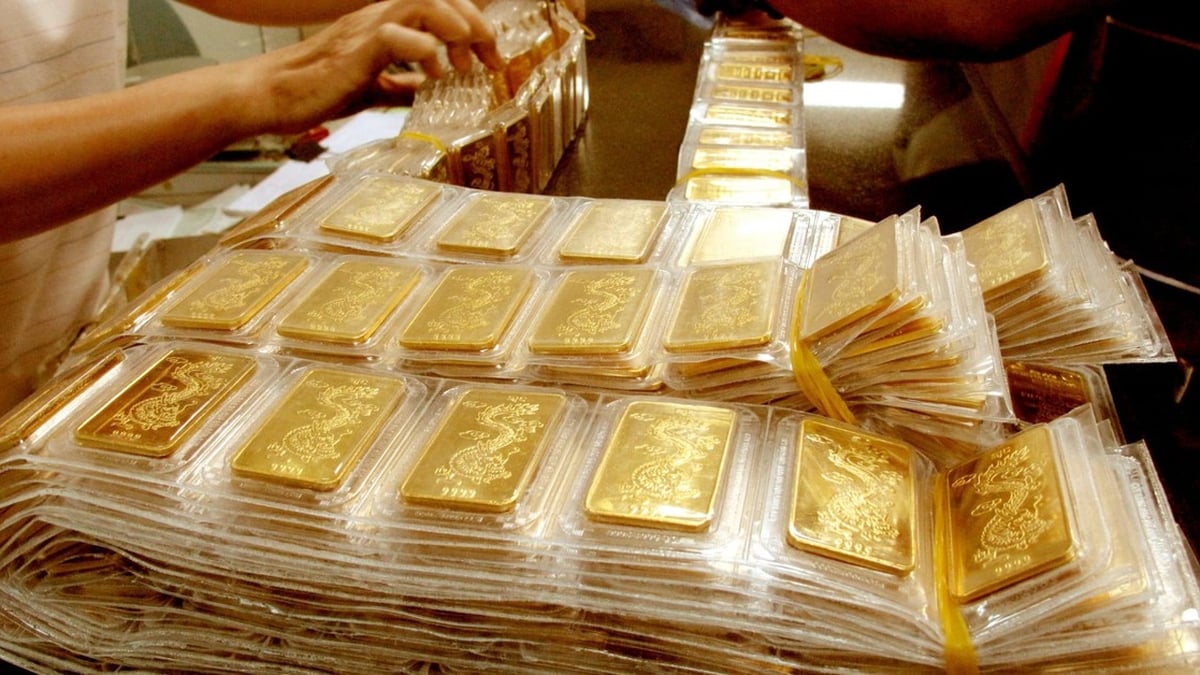


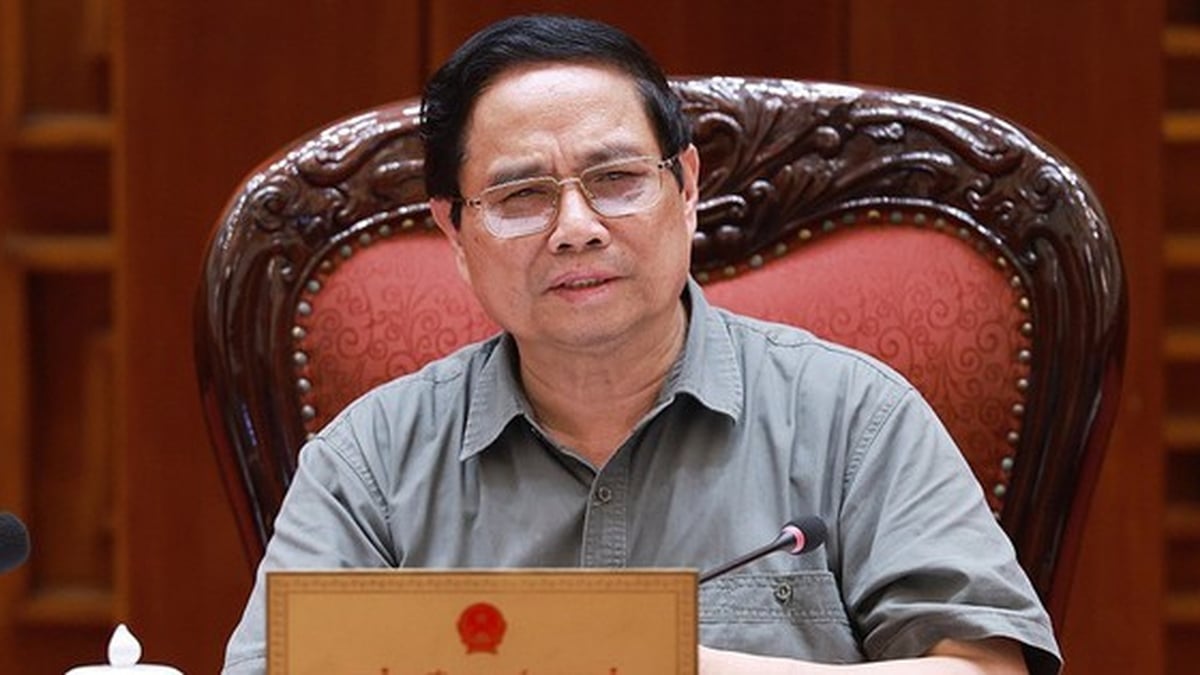

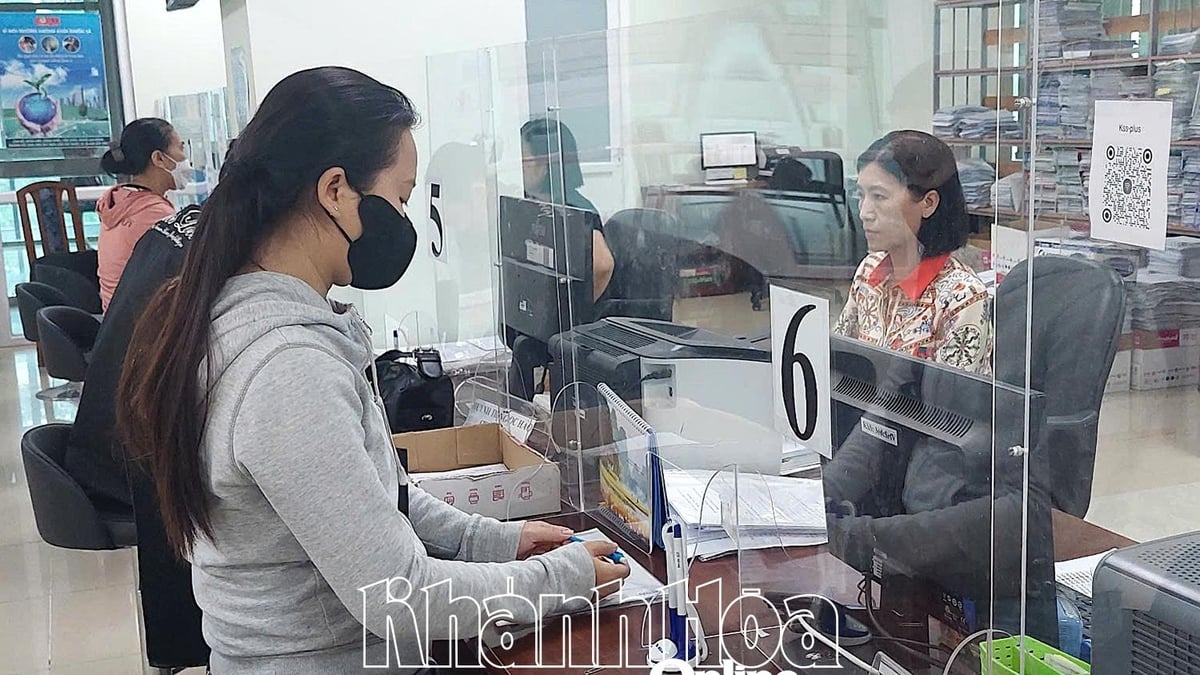


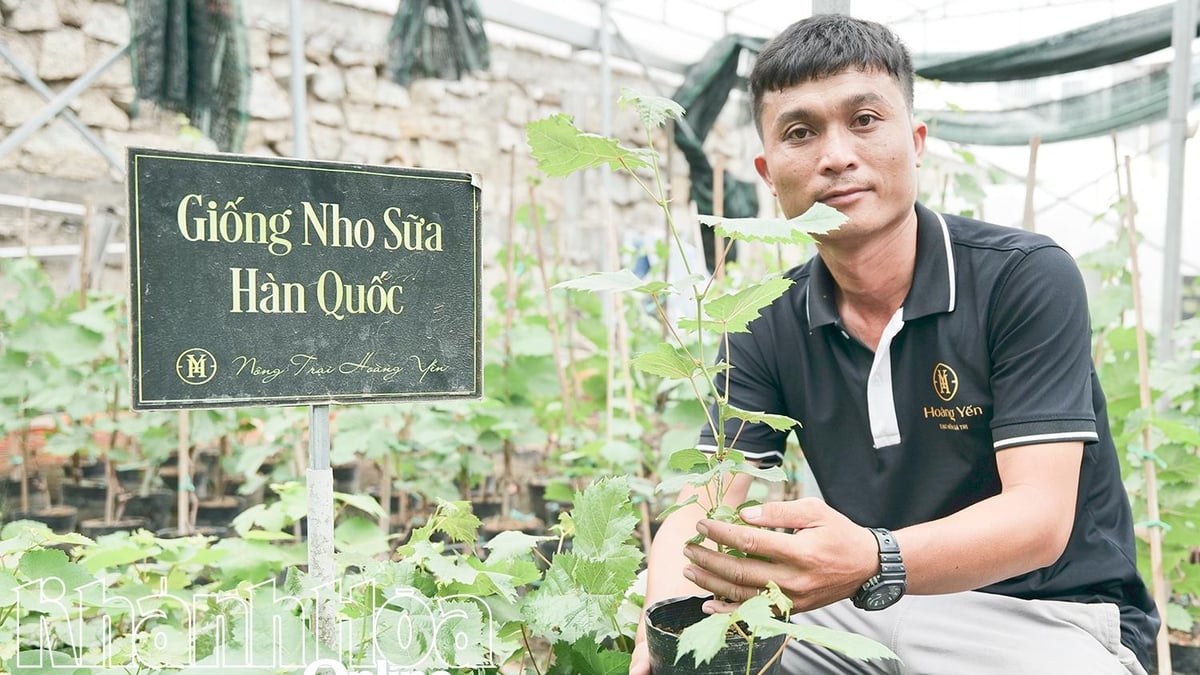























































































Comment (0)